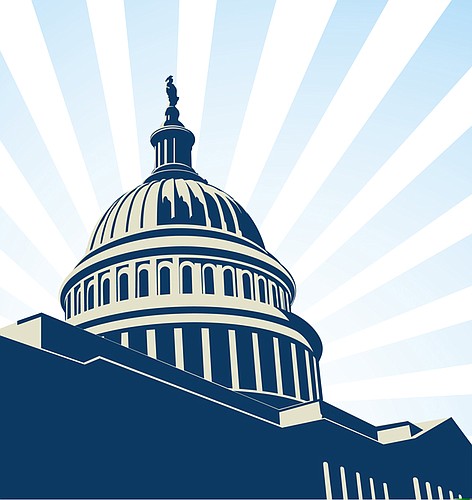- November 21, 2024
-
-
Loading

Loading

Reducing Citizens' risk
fails in both houses
The attempt to reduce Florida taxpayer exposure to Citizens Property Insurance appears to have failed for this year.
A House bill that would have moved people out of state-run Citizens and into private surplus insurer lines was amended in the Senate to require people to opt in to switch to the private insurance company.
“It probably is” dead, said Rep. Jim Boyd, R-Bradenton, who had sponsored the bill.
Because Citizens is by far the largest insurer in the state -- when it was originally supposed to be just a back up — the fear is that a catastrophic hurricane, or a few years of such hurricanes like the state already had, could require a taxpayer bailout.
The bill would have let surplus lines insurance companies — which are not regulated insurance companies by Florida but by the state in which they are headquartered — take policies from Citizens in an effort to reduce Citizens' liability. Citizens customers would have automatically been switched if they did not opt out.
The Senate bill sponsor, Sen. Garrett Richter, R-Naples, said the opt-in provision, plus other changes to rate hikes on surplus lines insurers, created a “straight jacket” around the surplus lines companies.
Gov. Rick Scott said at a press conference after the vote that he was disappointed and something still needs to happen with Citizens next year, if not this year.
“If we have the major hurricane, there is not enough money in Citizens; it's a real problem. Citizens doesn't have the surplus it needs to,” he said. “So we've got to figure out how to do what it was originally intended to do and make it the insurance of last resort and not the insurance company of first resort.”
Budget deal congeals
over university funding
The Legislature reached agreement on a state budget of about $70 billion and was expected to approve it and complete the session on time Friday.
The last sticking points were university spending — which was cut statewide by $300 million — and a broad plan to create an independent Florida Polytechnic University, a plan backed by powerful Senate Budget Chairman JD Alexander, R-Lake Wales.
In the deal, Florida Polytechnic becomes the 12th state university July 1. Alexander, in an ongoing feud with USF President Judy Genshaft, insisted the university be written into the law because he did not trust USF leaders to make it happen. The law will break the institute away from the USF system, of which it is currently part. Alexander's role as budget chairman gave him the leverage to insist on it being law.
The agreement also create a formula for distributing the $300 million in cuts. USF would be hit with a $45 million reduction; Florida State University would take the largest cut, at nearly $66 million, followed by the University of Central Florida at $52.6 million. No other universities were cut more than $40 million.
Budget will give
more incentive money
Budget negotiators gave Gov. Scott more latitude in using $61.2 million in job incentive money, saying that they believed Scott had been effective in luring companies with the fund.
Senate Budget Chairman JD Alexander said Scott made a persuasive case that he needed to be able to make commitments quicker to close deals and get new firms.
Further, Scott will have permission to ask the Legislature to spend another $25 million to lure more companies with incentives.
Politics determines
prison closings
In a move almost entirely political, the Legislature and governor's office decided to keep open a Panhandle prison while closing one in Tampa Bay.
The driving force seemed to be that the Jefferson Correctional Institute was the largest employer in Jefferson County with 177 employees, and hence the closing would be a huge loss to the county. Jefferson County mobilized an aggressive response to the Department of Corrections' plan to close the partially empty prison to save more than $10 million.
Lawmakers in both chambers of the Legislature responded to the campaign with opposition to the closing.
However, they continued with the closure of the Hillsborough Correctional Institute. Unstated was that the closing would not make a ripple in the large Tampa Bay economy. Also not stated was that lost jobs for employees are lost jobs for employees either place, and the idea was to save all taxpayers' money.
Carrot and stick
to improve nursing homes
The House has approved new regulations on the assisted-living facilities industry based on a series of stories last year by the Miami Herald that purported to document dangerous conditions at some facilities.
The bill would require administrators to get extra training, testing and ongoing education to be certified and beef up the penalties for repeat offenders.
It would also goose Medicaid payments to the best-performing nursing homes, hospitals and managed-care plans in hopes of improving overall quality in the industry.
A Senate bill to accomplish the same thing was whizzing its way through, and appeared as though it would pass.